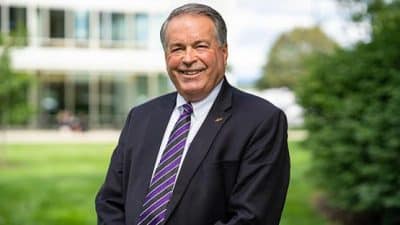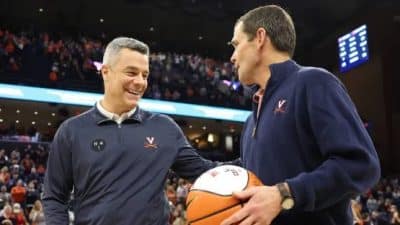
That was the assertion of panelists in a Dec. 2 workshop titled “Growing Agriculture Education in Your County” at the 2014 Virginia Farm Bureau Federation Annual Convention in Hot Springs.
“We know agriculture education is in the schools, but I’m not sure how much kids connect with the information,” said Martha Moore, VFBF vice president of governmental relations. “We don’t want to keep agriculture a secret; we want to tell agriculture’s story. If you don’t tell your story, no one else will.”
Moore said it is important to consider the audience—teachers, students and their parents—when planning how to share information with them.
Tammy Maxey, senior education program coordinator for Virginia’s Agriculture in the Classroom program, said many county Farm Bureaus are already involved in agriculture education programs in their communities. Examples include distributing agriculture-related placemats to local restaurants and organizing Dairy Days and Farm Fun Days for students and workshops for local teachers. Numerous county Farm Bureaus mobilize volunteers to read agriculture-related books in local schools each March during Virginia’s Agriculture Literacy Week.
“Volunteers read to 50,000 children last year for Agriculture Literacy Week,” Maxey said.
Sarah Scyphers, an agriculture education teacher at Holston High School in Washington County, said programs and initiatives for even the youngest students can have an impact.
Scyphers said she did her first Partners in Active Learning Support program several years ago for third-graders. PALS is a mentoring program that matches teen ffa members with elementary and middle school students. Scyphers said those PALS participants are now enrolled in her Foundations of Agriculture class at Holston, and it is her largest class ever.
“We have 60 freshmen enrolled in the class and had to turn some away,” she said. “I can’t help but think it’s that students remembered the PALS program and it had an impact on them.”
Panelists suggested partnering with county 4-H and ffa programs and using resources offered by Agriculture in the Classroom. AITC has been providing resources to educators for more than 25 years and is part of a nationwide effort to help teachers and students understand and appreciate agriculture, which is Virginia’s and the nation’s largest industry.
“If we grow 4-H, if we grow ffa and if we grow the utilization of Agriculture in the Classroom, we will grow students’ knowledge and careers in agriculture,” Moore said.
With 128,000 members in 88 county Farm Bureaus, VFBF is Virginia’s largest farmers’ advocacy group. Farm Bureau is a non-governmental, nonpartisan, voluntary organization committed to protecting Virginia’s farms and ensuring a safe, fresh and locally grown food supply. View more convention news as it becomes available atVaFarmBureau.org/NewsVideo/










